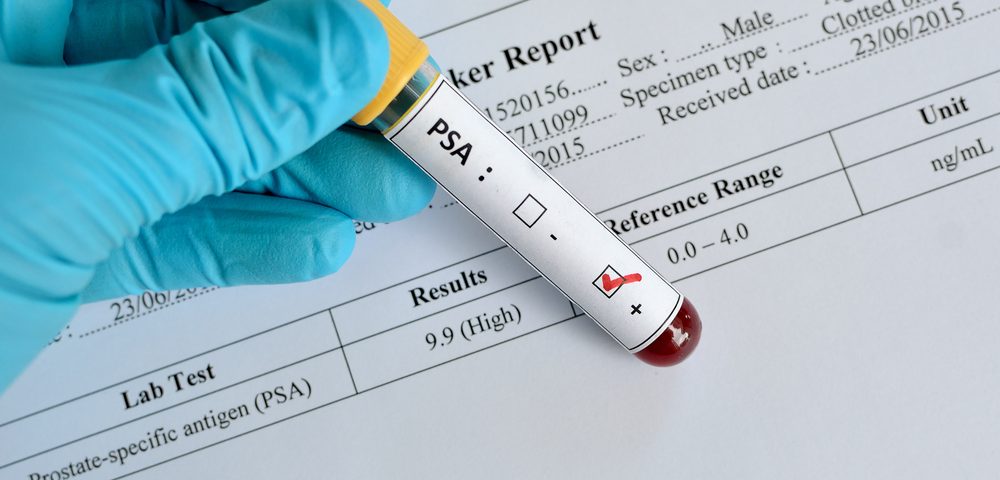Prostate Cancer UK has awarded more than $355,000 (£275,000) to University of Birmingham researchers to develop a diagnostic tool that can measure the aggressiveness of a patient’s prostate cancer.
The new technology will help physicians identify the best course of treatment for each patient.
The grant is part of Prostate Cancer UK’s nearly $3.9 million (£3 million) Research Innovation Awards initiative, which encourages scientists across the U.K. to develop innovative and ambitious research aimed at helping to fight the disease.
There is no test currently that can measure how aggressive a prostate tumor will be, so when prescribing a therapy, doctors have no way of knowing if the chosen course of treatment is the best for a particular patient.
“Prostate specific antigen, or PSA, is produced naturally by the prostate. A raised level in the blood can indicate a problem, but this doesn’t always mean cancer,” project leader Paula Mendes, PhD, a professor in the University of Birmingham’s School of Chemical Engineering, said in a press release.
She explained that her research is now focusing on the use of colored nanoparticles that distinguish between PSA molecules coming from healthy prostate cells and those that are being produced by the tumor cells, allowing researchers to determine how aggressive a cancer is likely to be.
“We’re so grateful to Prostate Cancer UK for funding this research to help us show how this would work in practice. If we’re successful, we could start clinical trials in the near future, and hope to eventually see this test rolled out for men across the country,” Mendes said.
In the long run, if it’s successful, the new technology may replace the already existing PSA test — which has some limitations, in that men with lower PSA levels can have a malignant tumor, and men with high levels of this biomarker may actually be tumor-free.
“Prostate cancer is on target to become the UK’s most common cancer by 2030, and every year over 9,000 men are diagnosed with prostate cancer too late and told that it can’t be cured. That’s why Prostate Cancer UK is committed to funding innovative research like this to help find a reliable test which could be used as part of a national screening programme to help diagnose men before it’s too late. We’re using our expertise to identify and fund the most innovative research that will help us tame this disease,” said Matthew Hobbs, PhD, director of research at Prostate Cancer UK.
“To help us fund even more vital research, we’re encouraging everyone to sign up to March for Men, our series of mass participation walking events taking place across the UK this summer. Now in its third year, the event has raised an incredible £825,000 [over $1 million] so far. But the march isn’t over — we’re still on the road to better tests, better treatment and better care. So, we’d like to ask you to pull your boots on again for an even bigger, even better March for Men in 2019,” he said.

